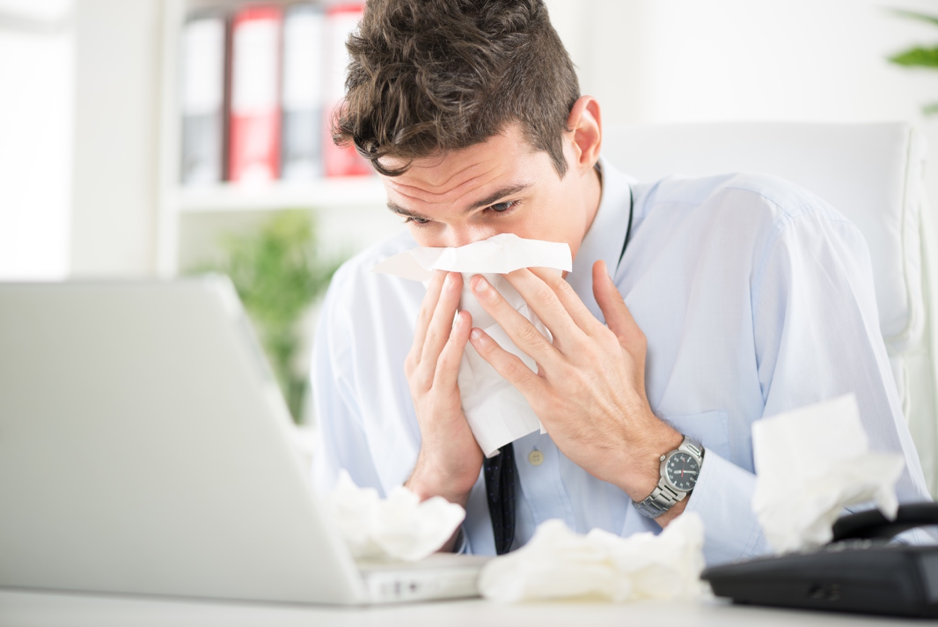It’s that time of year again, when the days get shorter and colder, and someone in the office has a sniffle or a cough.
If you’re one of the one in four people who will suffer from influenza in New Zealand this year, you’re more than likely to be afflicted by it between May and September – the main period of activity for the illness.
And if you’re working near others, the chances are you may get the illness without showing any symptoms for some time.
The flu differs from a cold in that its symptoms – including fever, chills, muscle aches, congestion, cough and stomach upsets – are worse and last longer.
In severe cases, the effects can lead to serious complications including pneumonia or even death.
The Ministry of Health recommends immunisation as the best defence against influenza, even for people in prime health.
Subject matter expert wellness Pua Phillips said flu shots are available to all Te Wānanga o Aotearoa kaimahi.
Kaimahi who want the flu shot should visit their local GP or medical centre and send the receipt for reimbursement to Tau Ora.
Pua said there are also alternative preventions for those not wanting the flu jab.
Kaimahi can bolster their immune system by making smart food choices, staying hydrated, reducing stress and increasing sleep.
“Papatuanuku provides us with seasonal fruit and leading into winter this include lemons, oranges and feijoas which are all high in vitamin C - the vitamin that combats viruses, colds and flu,” said Pua.
“Also, you can visit your local health shop and ask for specific vitamins which can assist with preventing the onset of common winter illnesses.”
She said kaimahi should also be mindful to wash their hands regularly or use hand sanitizer and to use disposable tissues to cough into, not your hands.
All kaimahi are advised to stay away from work and their colleagues if they’re feeling unwell.
Flu facts
- Around one in four New Zealanders are infected with influenza or ‘flu’ each year. Many won’t feel sick at all, but can still pass it on to others.
- Older people and those with certain medical conditions are more likely to have medical complications from influenza.
- Influenza is a serious illness that can put anyone in hospital or even kill them, including young and healthy people
- Influenza vaccination is safe, effective and cannot give you “the flu”
What if you don’t want to be vaccinated?




































